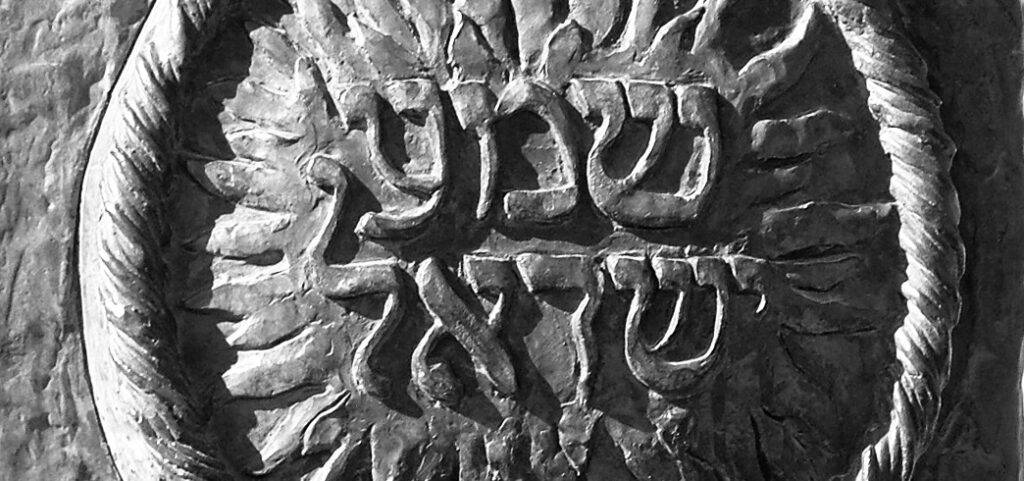Have you ever found yourself doing something you swore you wouldn’t do? Maybe you overindulged in food or drink after vowing to cut back, lashed out in anger despite your intention to stay calm, or fell into gossip when you’d resolved to keep silent. Perhaps you faced a deeper temptation—one you truly detested—yet found yourself succumbing anyway.
I’ve been there. We all have. And it’s maddening. How can I want to do what is good, yet fail so miserably? How can I say, “I don’t want this,” and still choose it? St. Paul captures this tension perfectly in his letter to the Romans:
“For I do not do the good I want, but the evil I do not want is what I do.” (Romans 7:19)
This internal battle—between what we desire in our higher self and what we desire in our weaker, fallen nature—is universal. Understanding it, and knowing how to fight it, is crucial in the pursuit of holiness.
The Root of the Conflict
St. Paul’s words highlight the division within us:
- Our Higher Self: This is the part of us that longs for God, goodness, and holiness. It’s the “I” who wants to forgive, love selflessly, and obey God’s will.
- Our Fallen Nature: This is the “sin that dwells within” us—a remnant of our fallen humanity, prone to selfishness, pride, and disordered desires.
When we say, “I don’t want to do this,” we’re speaking from our higher self, the part aligned with God’s law. But when we give in to sin, it’s often because our weaker nature craves the pleasure or satisfaction it promises, even if it’s fleeting and ultimately harmful.
For example:
- The glutton wants to enjoy food in moderation but finds themselves overeating.
- The angry person genuinely wants peace but lashes out when provoked.
- The addict may hate their dependence but feels powerless to resist.
- The lustful individual may desire purity but succumbs to temptation when the opportunity arises.
This isn’t hypocrisy—it’s a struggle. And that struggle is evidence of a conscience still attuned to the good.
Is It Really Me?
Paul says, “It is no longer I who do it, but sin that dwells within me.” At first glance, this might seem like an excuse: “It’s not my fault—it’s the sin in me!” But Paul isn’t denying his responsibility. Instead, he’s acknowledging the complexity of human nature:
- Sin doesn’t act on its own. We have free will, and we bear responsibility for our choices.
- But sin distorts our desires. It introduces confusion, making us want what is bad and resist what is good.
When we act against our better judgment, it’s still us making the choice—but it’s a choice influenced by our fallen nature. Recognizing this tension helps us approach the problem with humility and a greater reliance on God’s grace.
Practical Insights for the Battle
So how do we fight this battle? How do we bridge the gap between wanting to do good and actually doing it? Here are four key strategies:
- Acknowledge the Conflict
The struggle itself is a sign of grace. If you feel torn, it means your conscience is alive and striving for holiness. Don’t be discouraged by the battle—it’s proof that God is at work within you. - Strengthen the Higher Desire
Feed your spiritual self so that your desire for good becomes stronger than the allure of sin:- Spend time in prayer, especially meditative prayer, where you can reflect on God’s will for your life.
- Frequent the sacraments, especially confession and the Eucharist, where grace is poured into your soul.
- Read Scripture and spiritual books to fortify your mind and heart.
- Avoid Near Occasions of Sin
If certain environments, people, or situations trigger temptation, do everything you can to avoid them. For example:- If gluttony is your struggle, avoid stocking your home with tempting foods.
- If lust is your issue, steer clear of media or settings that provoke those desires.
- If gossip tempts you, step away from conversations that invite it.
The will is strongest when it doesn’t have to fight unnecessary battles.
- Be Patient with Yourself
Growth in holiness is a process, not a single moment. Repeated failures don’t mean you’re hopeless—they mean you’re human. Turn to God in repentance each time you fall and trust in His mercy. As St. Francis de Sales reminds us, “Have patience with all things, but chiefly have patience with yourself.”
Trusting in God’s Grace
Ultimately, we can’t overcome this struggle alone. Left to our own devices, we’re powerless against sin. But through God’s grace, all things are possible. The battle may feel endless, and progress may seem slow, but trust that God is working even when you don’t see it.
Remember the words of Jesus:
“My grace is sufficient for you, for my power is made perfect in weakness.” (2 Corinthians 12:9)
Your weaknesses, your struggles, and even your failures are opportunities for God to show His strength. Lean on Him, keep fighting, and never lose hope.
What areas of your life feel like a constant struggle between your higher desires and your fallen nature? How might God be calling you to rely on His grace in those moments?



